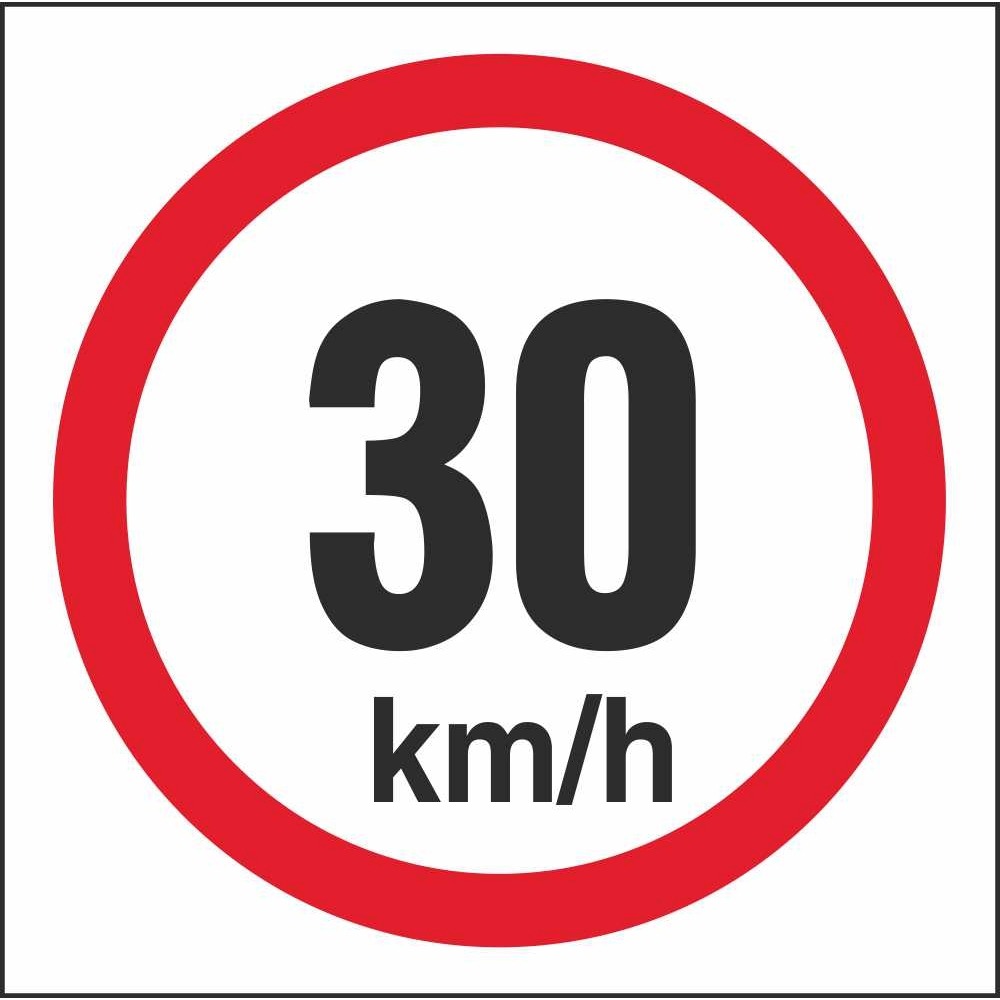
The department of public works has prepared a study to lower the speed limit from 50km/h to 30km/h in some urban areas, following the request of the road safety council, according to a report on Wednesday. The goal is to reduce the number of fatal accidents and emissions, and to encourage more sustainable modes of transport. The study is ready to be submitted to Transport Minister Alexis Vafeades, as reported in Philenews1.
The speed limit reduction will mainly affect roads that have high traffic and pedestrian activity, where driving faster than 50km/h poses a higher risk. Another factor will be whether a road or an intersection has a high rate of accidents. The police traffic department supports the speed limit reduction, as it has been proven that reducing the speed limit by 10 per cent leads to a 20 per cent decrease in road accidents. In Cyprus, 60 per cent of road accidents happen in residential areas, according to the report.
The study suggests several areas where the speed limit should be lowered: in Nicosia, Kaimakli and Aglantzia; three areas in Limassol, including in Mesa Geitonia; and Larnaca’s city centre. The study claims that lowering the speed limit from 50km/h to 30km/h would not have a significant impact on traffic flow and might even motivate people to use alternative means of transport, such as bicycles and scooters. The current law for electric scooters allows them to be used on roads where the speed limit is 30km/h; otherwise, they have to use bike lanes or specific routes designated by municipalities.
Some areas in the city centres have already implemented the 30km/h speed limit, while in Agioi Omologites in Nicosia, some roads near a school have a 20km/h speed limit. A decision by the EU parliament in 2011 urged the member states to adopt the speed limit reduction and the trend in Europe has been to apply the 30km/h speed limit throughout urban areas.